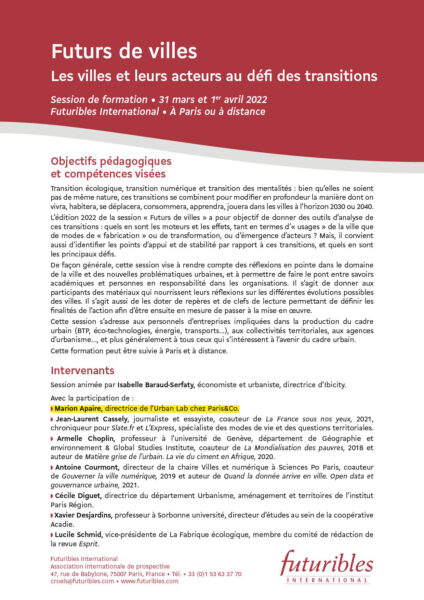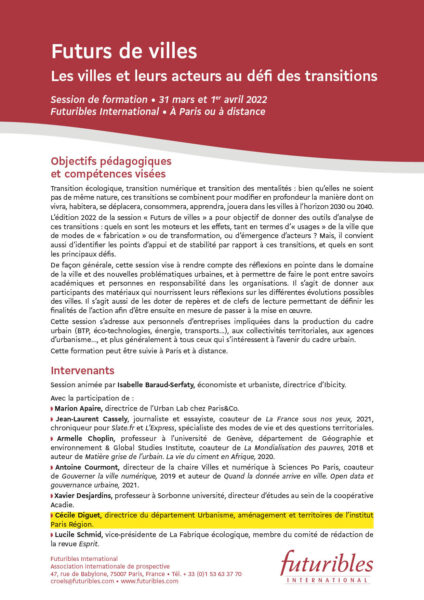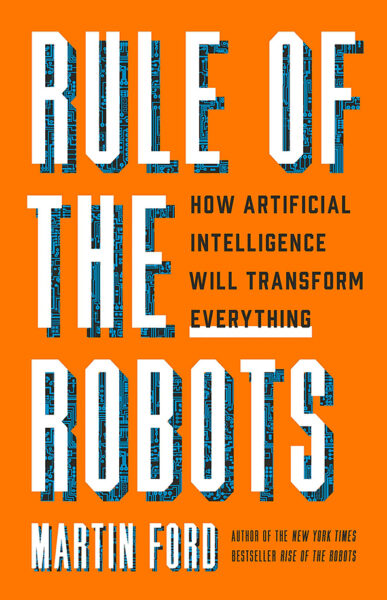The Japanese Gambling Economy
Along with the United States and the United Kingdom, Japan is one of the hardest working of the industrialized countries. Its leisure industry is nevertheless particularly well-developed, representing 17% of Gross National Product and 28% of household expenditures (compared to 6% in France). Within the leisure sector, gambling has a fundamental role, particularly pachinko, which alone brings in 1.4 times the revenue of the Japanese auto industry.
Thierry Ribault provides a socio-economic analysis of this activity which he considers to be very representative of the modern merchandising industry: capitalistic, highly productive, and providing lots of jobs.
He demonstrates the subtle marketing strategies of the sector, how they articulate themselves into the socio-economic context, and the demand for games of chance. He describes briefly the conciliatory attitude of the public authorities and the more restrained response of the financial sector to the rise of such an important activity.
At a time when the lack of jobs in commerce is deplored, particularly in France (cf. the note of Thomas Piketty of the Fondation Saint-Simon and the regular warning of massive layoffs which could hit the banking sector), the question which comes to mind is obviously to know whether gambling is a distinctively Japanese phenomenon, or a sector which will be part of the future of all the industrialized countries.
Japon : le marché du hasard
Cet article fait partie de la revue Futuribles n° 231, mai 1998



